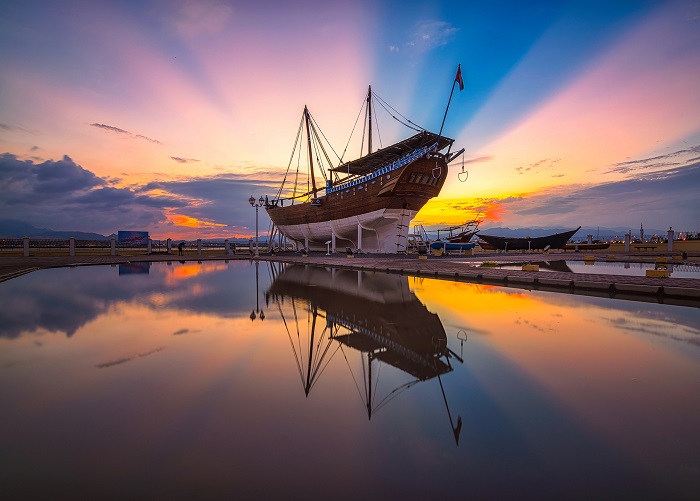
Muscat: The United Nations Educational, Scientific and Cultural Organization (Unesco) announced the inclusion of three Omani cities into the Unesco Global Network of Learning Cities.
The three cities are the Wilayat of Muscat, the Wilayat of Nizwa and the Wilayat of Sur. This falls within the Ministry of Education’s vision, represented by the Oman National Commission for Education, Culture and Science, in partnership with the Ministry of Interior, to promote Omani cities on the global stage, looking at its tourism and cultural potential, to spread awareness about education for sustainable development in the local community, and to raise the Sultanate of Oman’s ranking in international indicators, including the Sustainable Development Goals.
The announcement took place during a virtual ceremony organised by the Unesco Institute for Lifelong Learning this evening - Wednesday, with the participation of representatives of the newly listed cities from various countries of the world. Joining this network is an acknowledgment of the efforts undertaken by these cities to achieve the principle of lifelong learning in practice.
The Unesco Global Network of Learning Cities –established by the Unesco Institute for Lifelong Learning in 2012 - aims to support and improve lifelong learning practices in cities around the world. The network achieves this by enhancing dialogue on education policies, establishing links between those in charge of city administration and various educational institutions, as well as strengthening partnerships between global cities.
A Learning City works to mobilise its resources in all sectors to promote comprehensive learning for all from basic to higher education, stimulates learning within families and local communities, facilitates learning for work, and expands the use of modern educational tools to promote a culture of lifelong learning.
This enhances the capabilities of individuals, social cohesion, and the economic and cultural growth of societies, in order to achieve sustainable development goals.